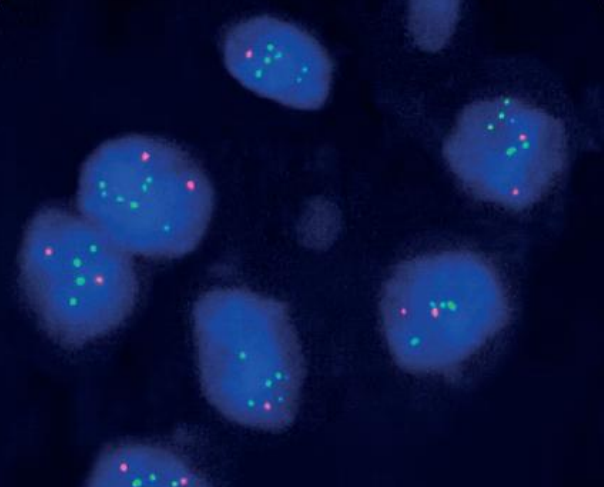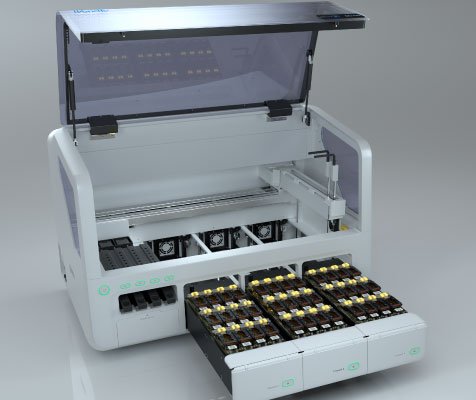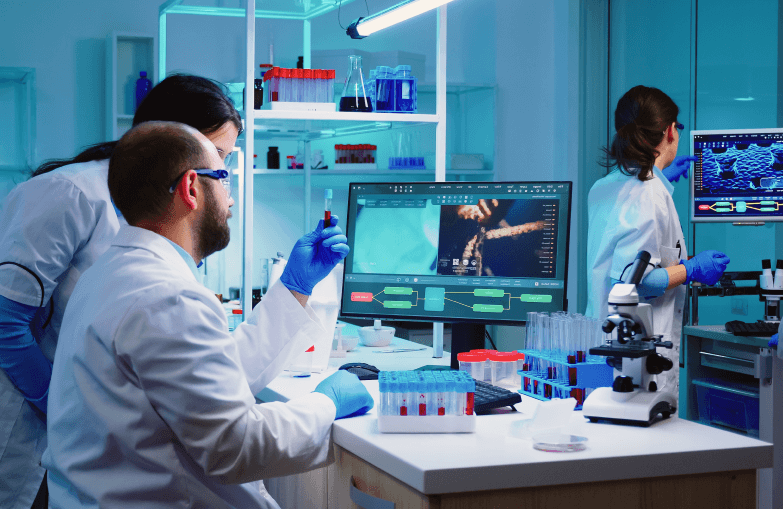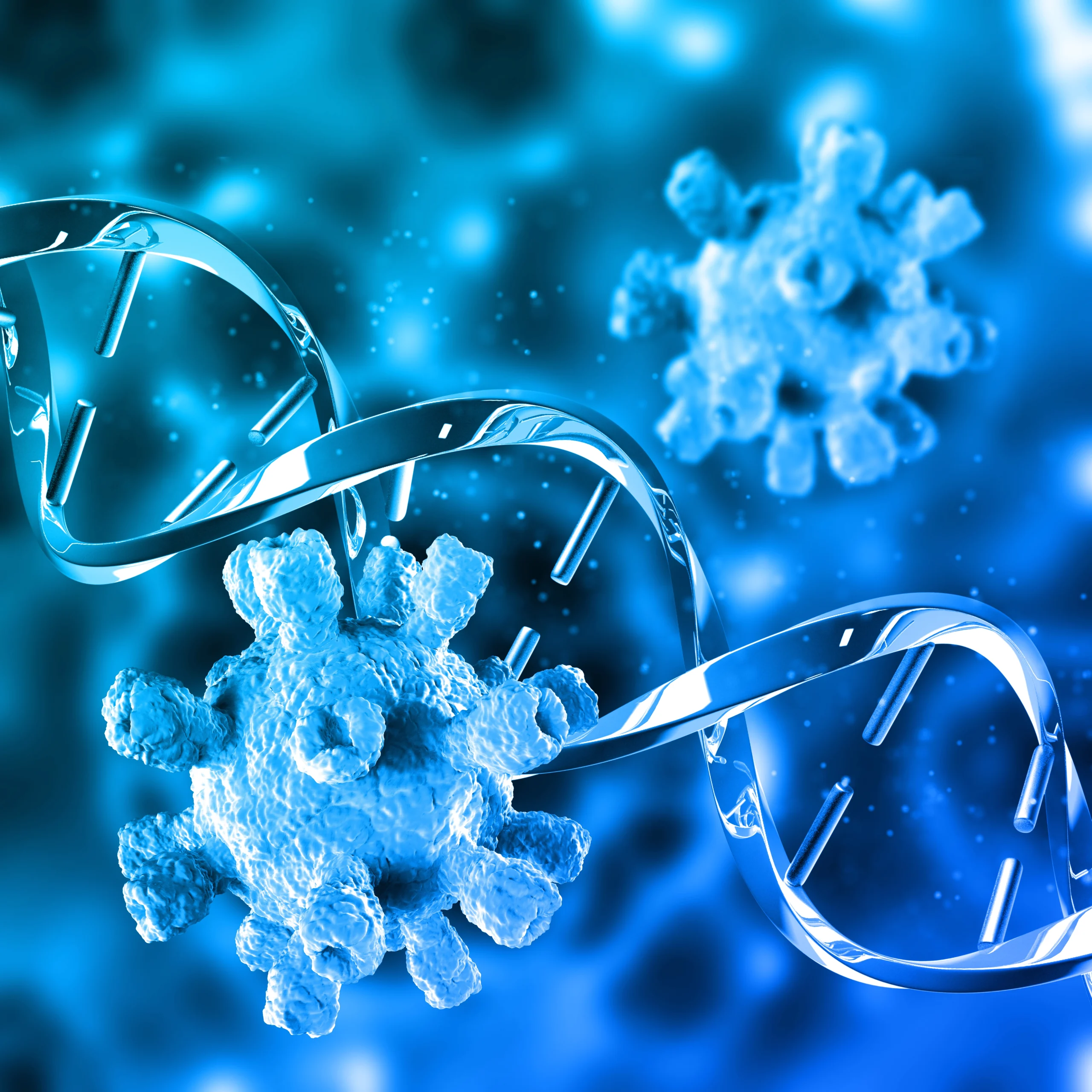FAQ'S
Primary antibodies bind directly to specific antigens in tissue samples, enabling detection and analysis in immunohistochemistry (IHC).
Selection depends on the target antigen, species reactivity, and application type (e.g., IHC, western blot, ELISA).
Yes, primary antibodies are essential in cancer research for identifying tumor markers and cellular pathways.
Performance depends on antibody specificity, concentration, incubation time, and tissue preparation methods.
Both have benefits; monoclonal offers high specificity, while polyclonal provides stronger signal detection.
FISH probes detect and visualize specific DNA sequences to identify chromosomal abnormalities and gene mutations.
FISH is commonly used in cancer diagnostics, prenatal testing, and detecting genetic disorders.
FISH provides high specificity and resolution, making it a reliable tool for chromosomal mapping and gene identification.
Yes, custom FISH probes can be designed to target specific genetic regions based on research or clinical needs.
Common sample types include blood, bone marrow, amniotic fluid, and tissue biopsies.


















